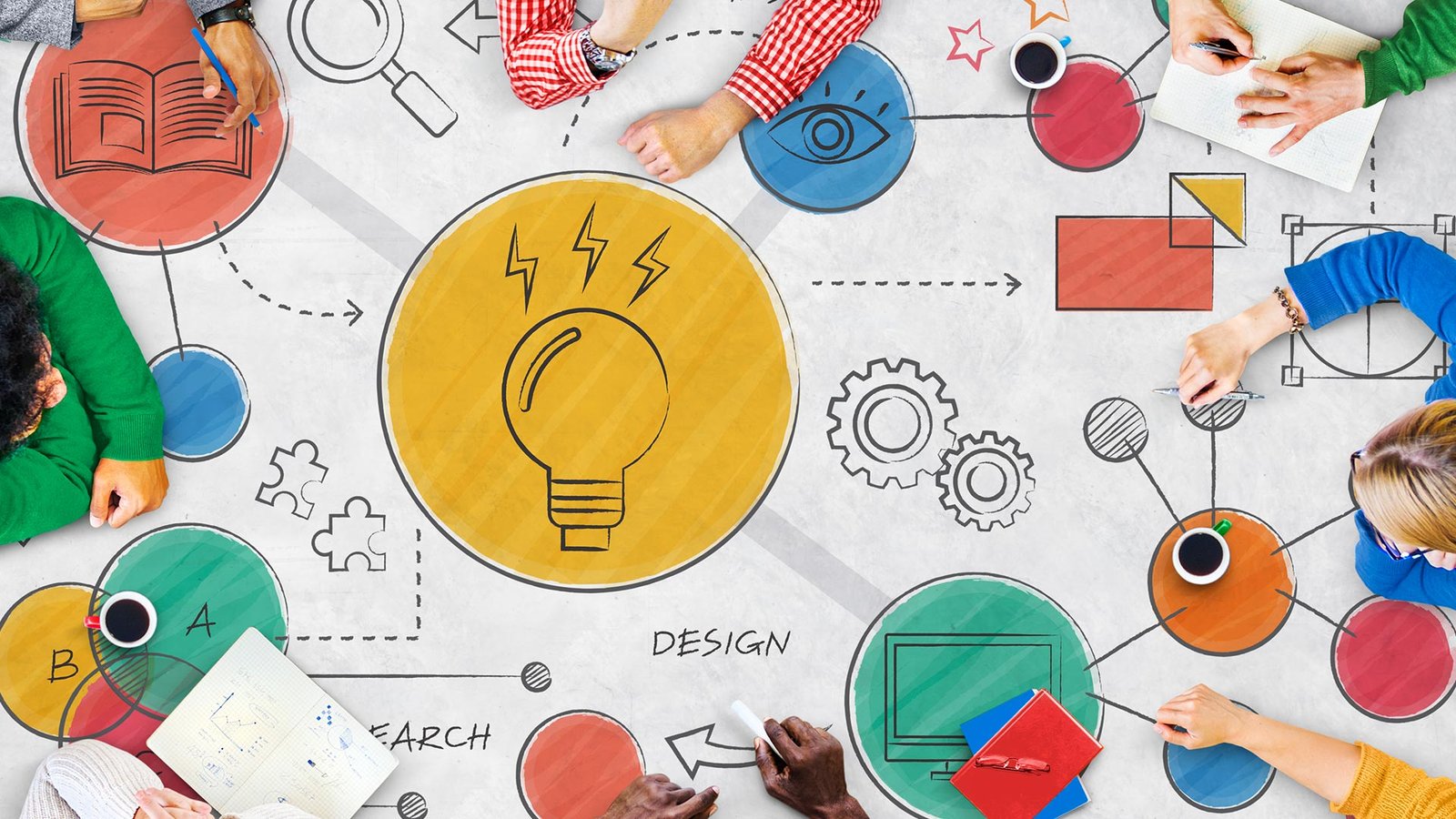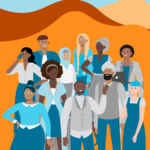The Role of Community and Collaboration in Skill-Based Learning, the capacity to effectively collaborate and work in groups has become a crucial life skill in an increasingly interconnected society. The development of practical skills rather than rote memorization is the aim of skill-based learning, which fits in well with community-centered and collaborative approaches.

Why Community and Collaboration Matter in Skill-Based Learning
The Role of Community and Collaboration in Skill-Based works best when it incorporates contextualized, real-world experiences in addition to isolated assignments.
Real-World Simulation
Early cooperation practice helps students acquire critical communication and interpersonal skills. They gain experience with various responsibilities, viewpoints, and difficulties through teamwork, which strengthens their resilience and adaptability.
Enhanced Learning Outcomes
The Role of Community and Collaboration in Skill-Based Students gain exposure to a variety of viewpoints and approaches to problem-solving in a collaborative environment, which enhances their comprehension and improves their ability to apply skills.

Social and Emotional Learning (SEL)
The ideal environments for developing abilities like empathy, emotional intelligence, and conflict resolution are those found in communities.
Peer Learning and Knowledge Sharing
Peer learning also helps students feel more confident since they can educate each other, which strengthens their own abilities and knowledge.

Practical Problem-Solving
When students work together, they have to deal with real-world issues like allocating responsibilities, managing project schedules, and handling unforeseen difficulties. These encounters help kids build strong problem-solving skills by requiring creativity, communication, and bargaining.
Building Interpersonal and Communication Skills
Effective communication is fundamental to teamwork and is a necessary ability in practically every industry. Collaborative exercises help students develop their ability to listen intently, express themselves clearly, and have civil conversations.

Cultural Competence and Empathy
Cultural competency and empathy, which are especially crucial in the international workforce of today, are fostered by this experience.
Conclusion
Building a flexible and resilient skill set requires integrating community and collaboration into skill-based learning. In addition to improving academic performance, these components promote social responsibility, cultural sensitivity, and critical interpersonal skills.
FAQs
What is skill-based learning?
This approach places a strong emphasis on practical experiences, critical thinking, problem-solving, and other abilities that students may use in everyday situations.
Why is collaboration important in skill-based learning?
By practicing applying skills in team environments, learning from one another, and developing interpersonal skills, collaborative learning helps students become more socially and professionally competent.
How does community play a role in skill-based learning?
Participation in the community gives skill-based learning a practical context and enables students to comprehend how their abilities affect other people.
How can skill-based learning benefit students in the workplace?
Students are better prepared for the job through skill-based learning, which gives them real-world experience in communication, problem-solving, teamwork, and flexibility.


